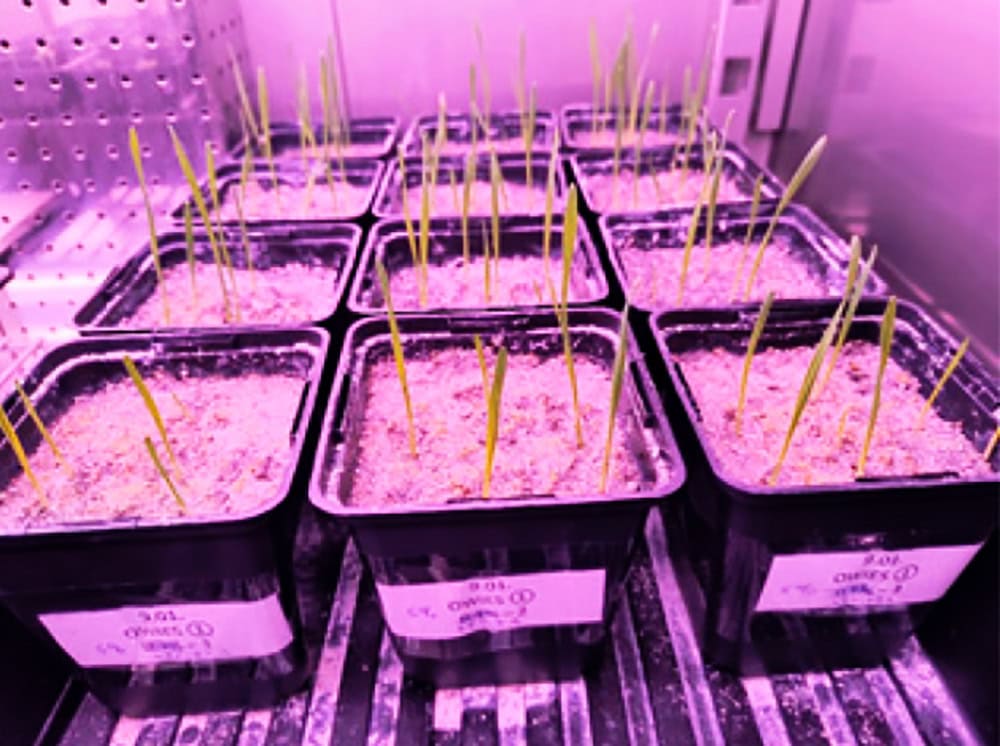
Reducing waste production and improving waste treatment are key objectives in the EU’s Circular Economy Action Plan. Anaerobic digestion of food waste is a promising method, but safely disposing of its by-products, which contain valuable nutrients like nitrogen, phosphorus, and organic matter, remains a challenge. These nutrients suggest potential use in agriculture to enhance sustainability, yet their effects on plant growth need thorough understanding. This study investigated the impact of liquid digestates from anaerobic digestion of food waste, combined with fish sludge (from recirculated aquaculture systems), on plant growth (Lepidium sativum and Triticum aestivum) through direct soil tests. The content of biogenic elements in the digestates did not differ and was 0.32% for N, <0.05% for P, and 0.15% for K. Two tests were conducted, both using artificial soil prepared to OECD 207 standards: the Phytotoxkit™ test (ISO 18763:2016) and a pot experiment (OECD 208). Results showed that digestates initially delayed germination and hindered early plant growth, an effect that diminished over time. This may be due to the high organic matter content of digestates, similar to standard fertilizers like manure or compost. Pre-incubating digestates in soil before application, similar to common agricultural practices with soil amendments, is suggested as a potential solution.
Read the full publication: Cichy, P.; Tomczak-Wandzel, R.; Szatkowska, B.; Kalka, J.; Yadav, R.S. Sustainability 2024, 16, 6171.
https://www.mdpi.com/2876646